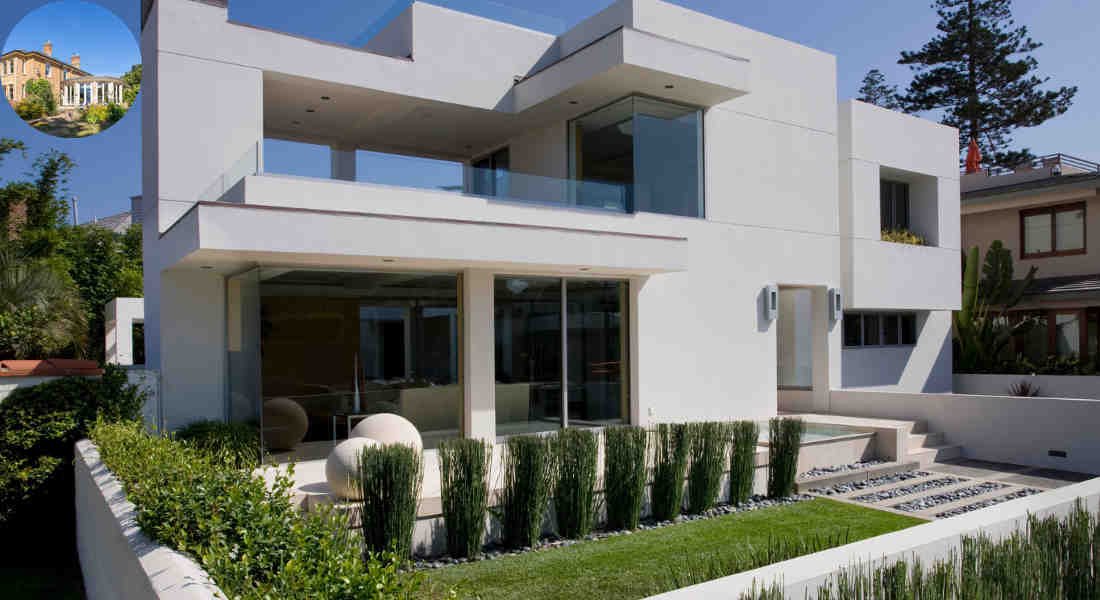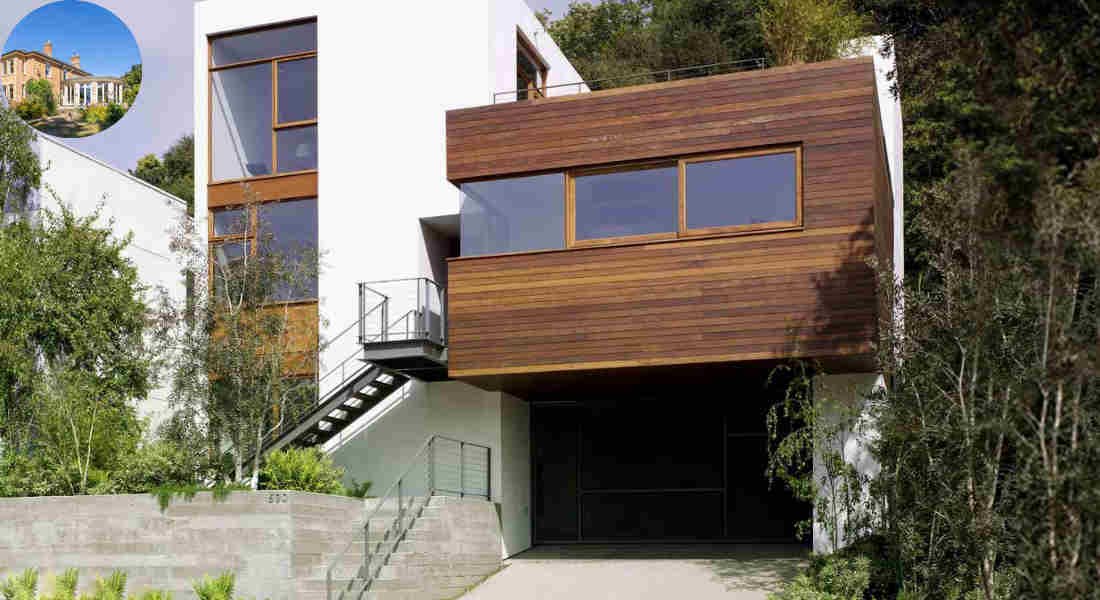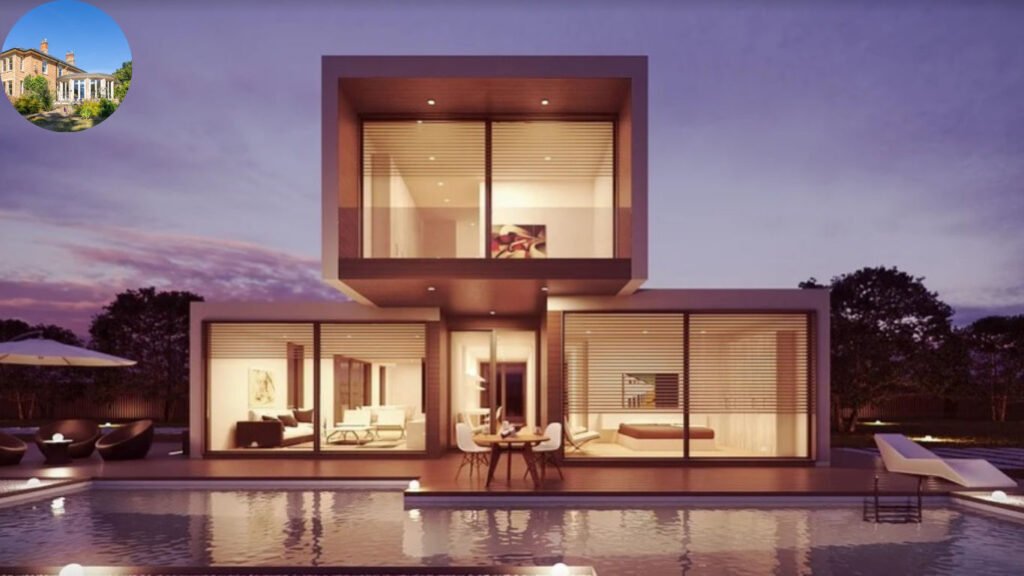Greatness in home architecture is far more than the pursuit of visual appeal or adherence to fleeting trends. It is the art and science of crafting spaces that respond thoughtfully to the rhythms of daily life, embodying both function and beauty. At its core, defining excellence in residential design means creating homes that are not only aesthetically compelling but also deeply attuned to the needs, aspirations, and well-being of their inhabitants.
Factors That Contribute to a Great Home Architecture
Great home architecture emerges from a blend of various elements. One key factor is functionality. A space must cater to the needs of its inhabitants, allowing for fluid movement and ease of use.
Visual appeal can evoke emotions and leave a lasting impression.Thoughtful design choices in materials, colors, and shapes contribute significantly to this beauty.
Sustainability has become increasingly vital as well. Homes that incorporate eco-friendly practices not only reduce environmental impact but also resonate with modern values.
Context matters too; the relationship between a home and its surroundings can enhance or diminish its greatness. A structure should harmonize with nature and reflect local culture.
Innovation plays a crucial role. Pioneering designs push boundaries while addressing contemporary challenges, setting great homes apart from the ordinary.
Case Studies of Iconic Homes Considered Great in History
The Villa Savoye, designed by Le Corbusier in the 1920s, exemplifies modernist principles. Its clean lines and open spaces showcase a departure from traditional structures. This home embodies the concept of “machine for living,” emphasizing efficiency.
Nestled over a waterfall, it harmonizes with nature rather than imposing on it. The integration of indoor and outdoor spaces creates an immersive experience that resonates deeply with visitors.
Philip Johnson’s Glass House breaks down barriers through transparency.Its minimalist design challenges conventional notions of privacy while fostering a connection to its surroundings.
Each of these homes reflects not only architectural innovation but also cultural shifts during their respective eras. They challenge us to rethink what we value in space and form as they continue to inspire architects around the world today.
You may also read (how did ramses ii transform egyptian house architecture).
The Influence of Culture and Time Period on Defining Greatness in Home Architecture
Home architecture is deeply intertwined with cultural identity. Each era brings its own values and aesthetics, shaping how we view greatness in design.
Take the grandeur of Greek temples, for instance. Their columns and symmetry reflect a society that valued order and democracy. Fast forward to the ornate details of Victorian homes, which highlight the importance placed on family status and individuality during that time.
Cultural shifts also play a significant role. The minimalist designs emerging from Scandinavian countries emphasize functionality and simplicity, capturing contemporary priorities like sustainability.
As technology advances, so does our definition of great architecture. Modern designs often incorporate smart home features while maintaining an aesthetic appeal reflective of current societal trends.
Thus, greatness isn’t static; it evolves with each generation’s beliefs and challenges. Understanding this connection enriches our appreciation for architectural masterpieces across time periods.
The Role of Sustainability in Modern Definition of Great Home Architecture
Sustainability has become a cornerstone in defining greatness in home architecture. As climate awareness grows, architects are increasingly designing homes that harmonize with nature rather than challenge it.
Using renewable materials is a key aspect of this shift. Homes made from bamboo or reclaimed wood not only reduce waste but also bring unique aesthetics to each structure.
Energy efficiency plays a vital role as well. Features like solar panels and green roofs minimize energy consumption while enhancing the building’s value.
Water conservation methods, such as rainwater harvesting systems, showcase responsible design practices that respect local ecosystems. These innovations reflect an understanding of our responsibilities toward the environment.
Sustainable designs often invite natural light and airflow into spaces, creating healthier living environments for occupants. This blend of function and ecological mindfulness elevates what we consider great in home architecture today.
You may also read (notable architects shaping english baroque home styles).
Balancing Functionality and Aesthetics in Designing a Great Home
When discussing what defines greatness in home architecture, balancing functionality and aesthetics is key. A great piece of home architecture seamlessly integrates both elements to create a living space that is not only visually appealing but also practical for everyday life.
Functionality ensures that a home meets the needs of its inhabitants. It includes thoughtful layouts, efficient use of space, and the integration of modern conveniences. On the other hand, aesthetics capture emotion through design choices like color palette, materials used, and overall style. This delicate balance is often achieved by the most memorable homes.
Take Frank Lloyd Wright’s Fallingwater as an example. This iconic structure harmonizes with nature while providing a functional living space for its residents. Its organic design reflects nearby waterfalls and trees yet remains highly livable—proof that beauty does not compromise practicality.
The challenge lies in ensuring these two aspects complement rather than compete with each other. Architects today are more aware than ever of their responsibility to blend form with function in ways that resonate with contemporary lifestyles while honoring traditional values.
Greatness in home architecture emerges when spaces evoke feelings without sacrificing usability—creating environments where families can grow and thrive over generations. As we continue developing our understanding of what makes a house feel like ‘home,’ embracing this harmony will remain essential to defining architectural excellence moving forward.
You may also read (what are the characteristics of greek home architecture).
